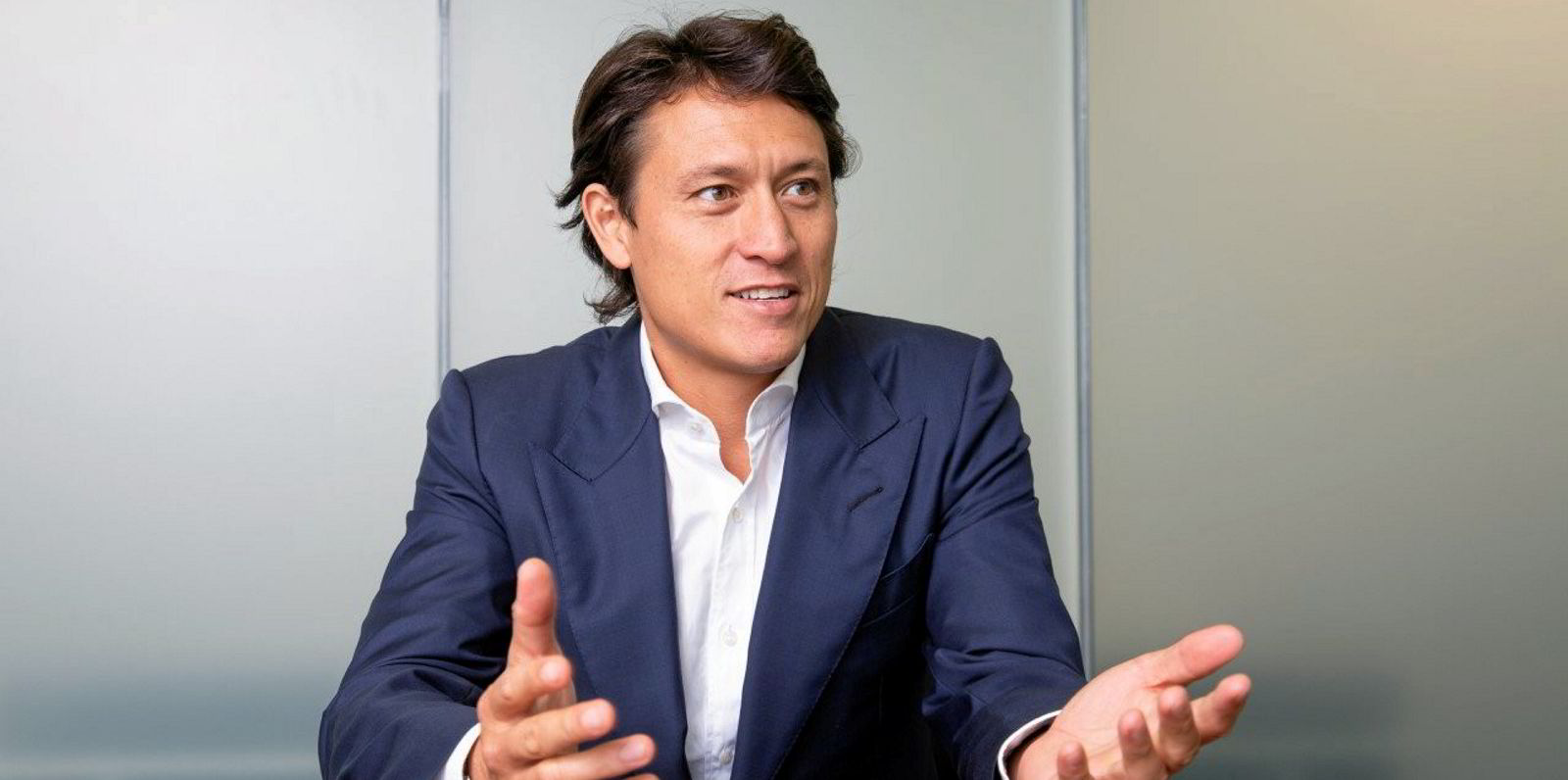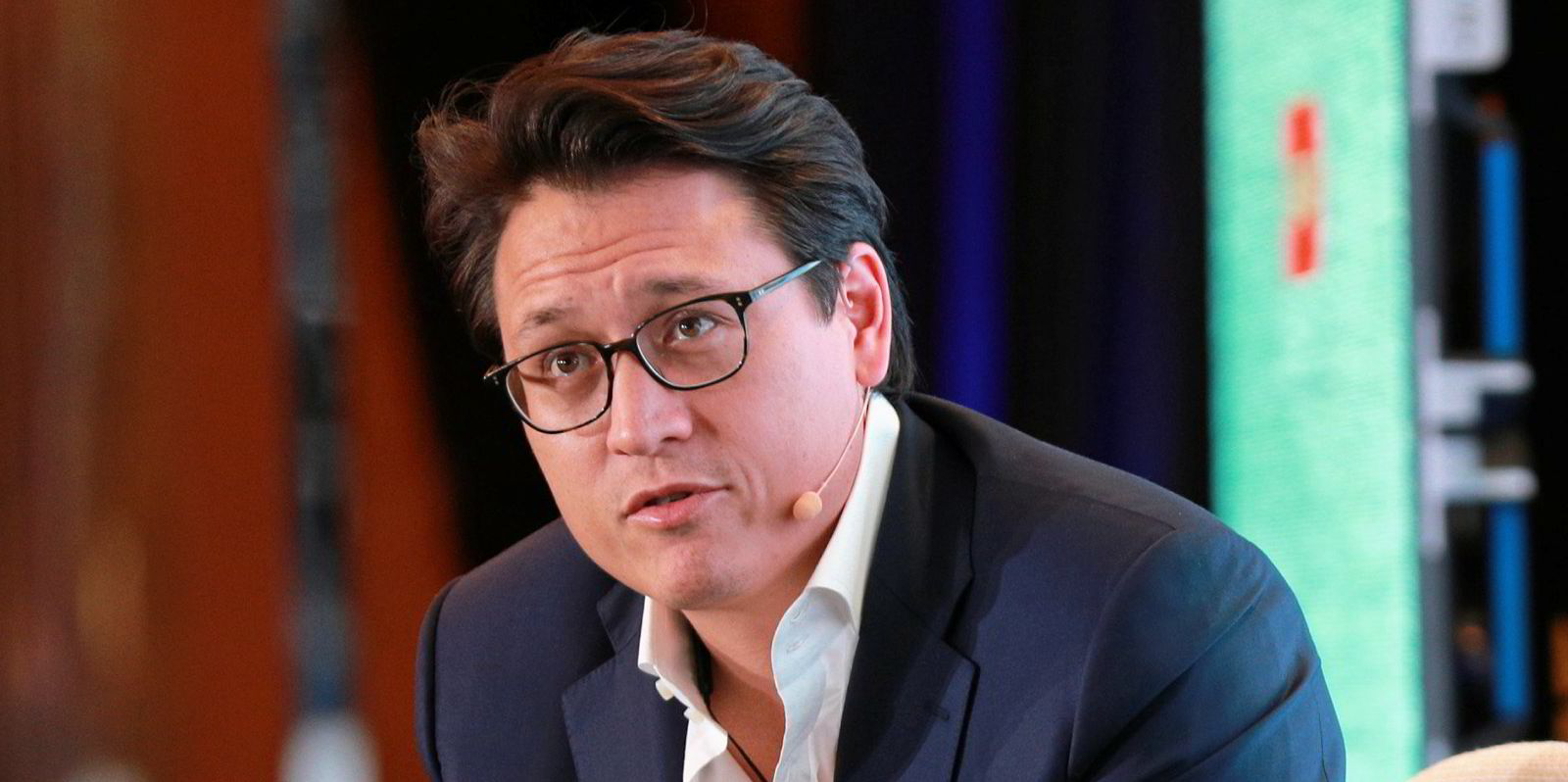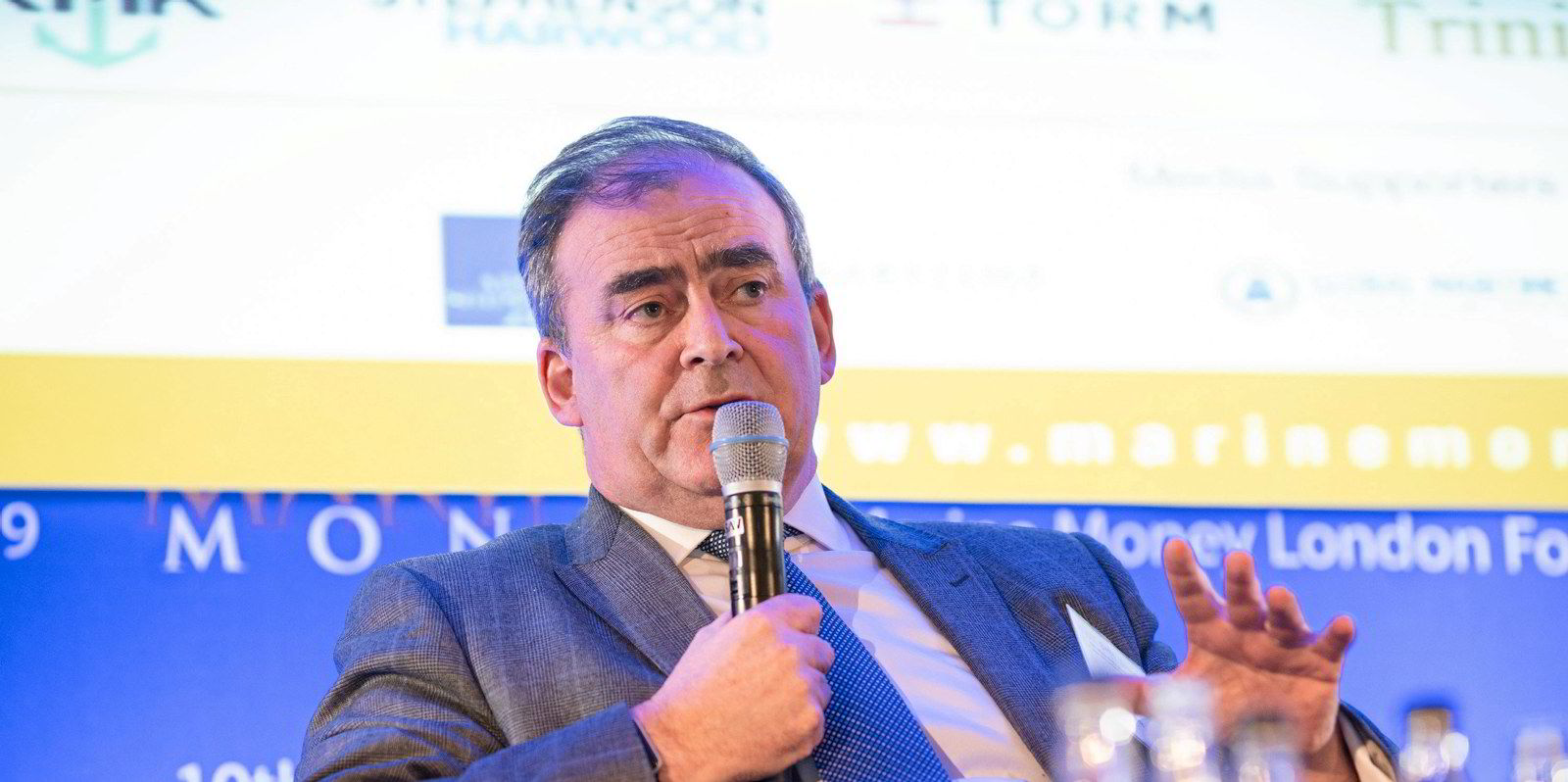London-listed Taylor Maritime Investments (TMI) has kickstarted dividend payments as rates and its fleet value continue to rise.
The interim payout for the period from its initial public offering in May to 30 September is 1.75 cents per share.
The bulker owner's net asset value at the end of the third quarter was $1.40 per share, an increase of about 24% since 30 June and 43% since the company listed. This compares to a trading price of $1.31.
The fleet stands at 24 delivered vessels, with eight more to come. All are handysizes bar two supramaxes.
The average net time charter rate was $17,000 per day at 30 September, with an average duration of eight months and average annualised unlevered returns in excess of 20%.
The current rate is $19,500 per day.
Big jump in vessel values
The value of the first 25 ships acquired has risen by $68m or 19% since 30 June.
The other seven vessels bought in August have added $11m or 10% in value.
The fleet is worth $535m in total.
TMI, led by CEO Ed Buttery, said demand growth is expected to continue to outpace supply in 2022.
The company sees further asset value upside possible, as secondhand ships remain attractive relative to their depreciated replacement cost.
Buttery said: "Given the prevailing market strength and healthy operating cashflows, the company should be able to achieve its dividend target set out at IPO with the potential to modestly exceed this by the end of the financial year in March 2022."
"This is while ensuring that we have built up responsible reserves," he added.
The vessels' average charter term has grown to 11 months from eight months with the new deliveries.
And TMI said an improving grain trade will support rates through the fourth quarter.
Owners not rushing to order new ships

"There has been some additional support for handysize freight rates from container cargoes being carried on dry bulk ships and from port congestion, both of which might recede in the medium term," the company added.
The shipowner argues that although strong charter rates have traditionally led to an increase in new ordering activity, this current cycle has its own particular characteristics which may limit this.
This is partly due to the continuing uncertainty surrounding decarbonisation and its impact on future ship designs, exacerbated by a long delay between order and delivery.
"Furthermore, after 2023, we anticipate effective supply may be reduced by lower operating speeds in response to incoming regulations to limit carbon emissions," the company said.
TMI has repaid $22m of the $25m debt linked to its initial fleet, with the rest due to be cleared by the end of December.
This month, the owner began to draw on its revolving credit facility, with $35m banked.
The potential amount available under the revolver has been increased from $60m to $80m.
"We continue to conduct selective due diligence on vessels where projected returns exceed the company's target total returns and target dividend yields," the company said.






